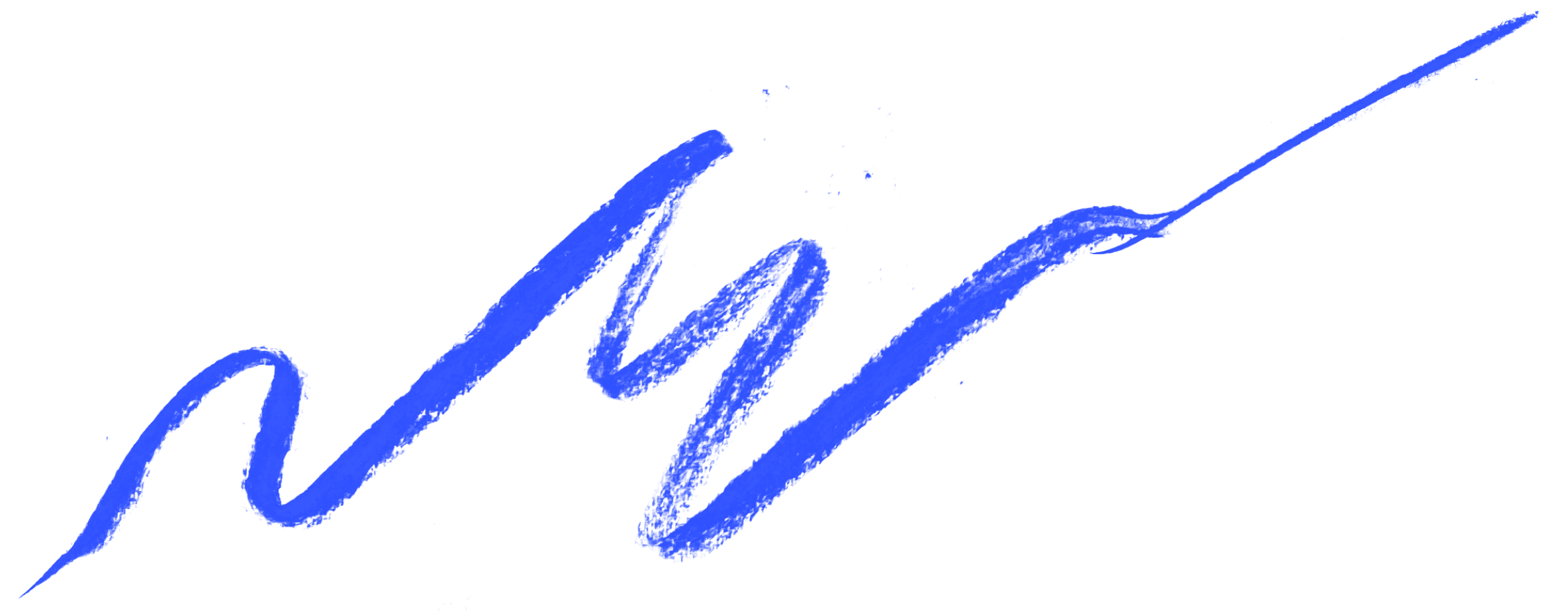Intelligence that sells. How market insight transforms licensing pitches
In brand licensing, content is rarely the problem. Most licensors have more assets than they can use in a lifetime. What separates the pitches that convert from those that don’t isn’t quantity — it’s intelligence.
At Skew, we see market insight as the multiplier that connects creative brilliance with commercial momentum. It’s what turns a capable presentation into a persuasive one.
When intelligence, creative, and sales thinking work together, licensing becomes easier to buy, easier to back, and far more likely to close.
The standard deck: full, fast, and forgettable
Many licensing decks still follow a familiar pattern: long, data-heavy, and rushed. They catalogue reach, viewership, and product launches in impressive detail but little of that detail helps the partner across the table see where they fit.
For large entertainment franchises, this kind of one-to-many presentation still makes sense. Scale is the story. But for many brands, where every partnership is built opportunity by opportunity, this format leaves value on the table.
The real opportunity lies in combining creative excellence with market intelligence to build fewer, sharper, more relevant stories.
From generic proof to tailored relevance
Intelligence is what allows a brand to move from proving it’s big to proving it’s right.
At Skew, we apply methods usually found in marketing and brand strategy to the licensing process. We start with the partner’s market, not the licensor’s. We look at consumer profiles, category pressures, retail dynamics, and competitive context.
That work gives the deck its shape. It helps define not only what goes in but what to leave out — so every visual, statistic, and creative concept supports a single argument: why this IP fits this partner right now.
When your intelligence is that focused, creative work has room to breathe. It doesn’t have to shout. It shows its relevance through precision, not volume.
Positioning intelligence - making the deck a bridge
Strong positioning turns a licensing presentation into a bridge between two worlds — the world of the IP and the world of the partner’s consumer.
It’s here that market intelligence earns its keep. It provides language that both sides recognise. It shows you understand not just the scale of your brand, but the scale of the partner’s ambition.
This is where we see the multiplier effect: when data and creative storytelling align, the conversation changes. The focus moves from “what can we sell?” to “what can we grow together?”.
Intelligence in design - showing the story, not telling it
Insight doesn’t just live in the strategy section. It shapes the visual story too.
Our design work at Skew builds intelligence directly into the structure of the deck. We use creative to show what partnership success looks like, how the IP could appear on shelf, in digital environments, or through joint campaigns.
When the visuals are underpinned by solid market insight, they stop being speculative. They become evidence — credible, ownable, and persuasive.
For licensees, that clarity reduces risk. For licensors, it builds confidence. For both, it accelerates the path to agreement.
Before the pitch: intelligence as momentum
By the time you’re in the room, the decision is rarely made there. The groundwork happens earlier, in the credentials sent, the signals of quality you’ve already shared, the relevance you’ve already demonstrated.
Pre-pitch marketing is where intelligence can make the first impression count. A short, insight-led introduction can do more to open a conversation than any sizzle reel.
That’s why we see market intelligence not as research, but as pre-sales. It gets you noticed before you’ve spoken.
When conversation replaces presentation
The best licensing meetings don’t feel like presentations. They feel like problem-solving sessions.
For challenger brands and new IPs, this is often the decisive factor. When both sides can talk about the same consumer, the same market conditions, and the same opportunity in clear, evidence-based terms, the relationship begins as collaboration, not negotiation.
That’s the goal. Intelligence isn’t a script. It’s a shared language that invites conversation.
The evidence
We’ve seen the effect of this approach many times. At Brand Licensing Europe this year , around 80% of the creative we produced was tailored for an audience of one. One client briefed us for a deck aimed at one specific retailer.
The buyer who turned up wasn’t from the expected category. Yet because the presentation had been built around the retailer’s business, rather than our client’s product, the meeting still worked. It created momentum and led to a series of follow-up conversations.
No generic asset pack could have done that (and it cost less to produce).
What have we learned?
Intelligence turns creative into evidence and sales into strategy. When your pitch combines real market understanding with thoughtful design, it gives every stakeholder what they need: clarity, confidence, and a reason to say yes.
The question isn’t how fast you can produce another deck. It’s how well you can connect what you know about your market to what your partners need to believe.
Make intelligence the multiplier in your next pitch and every conversation that follows will start further ahead.
Skew helps brands translate creative assets into commercial outcomes.
Our insight-led design process brings together data, creative, and licensing strategy to turn IP into opportunity.






